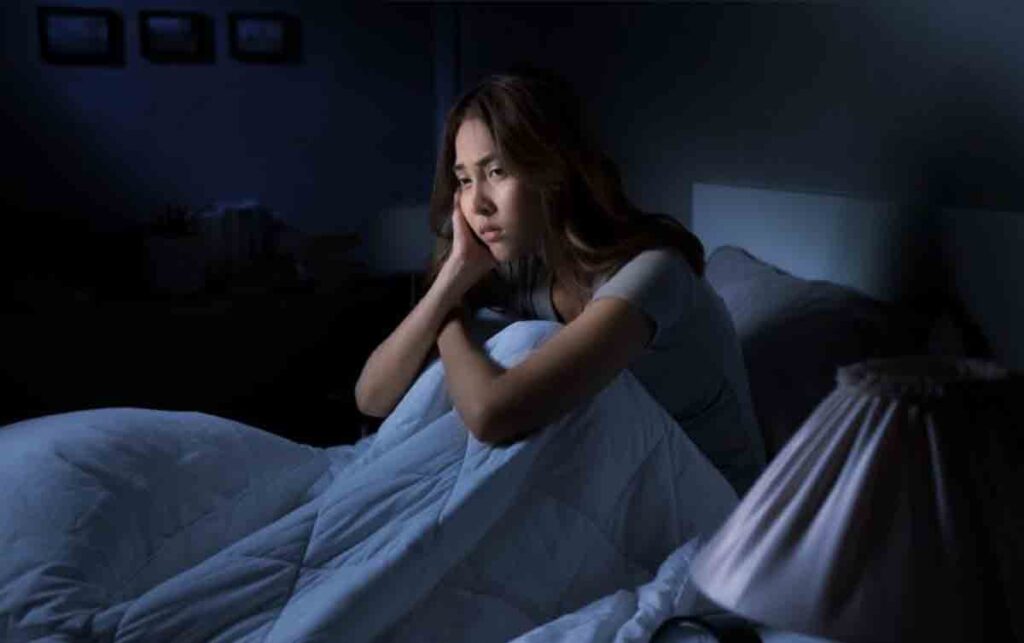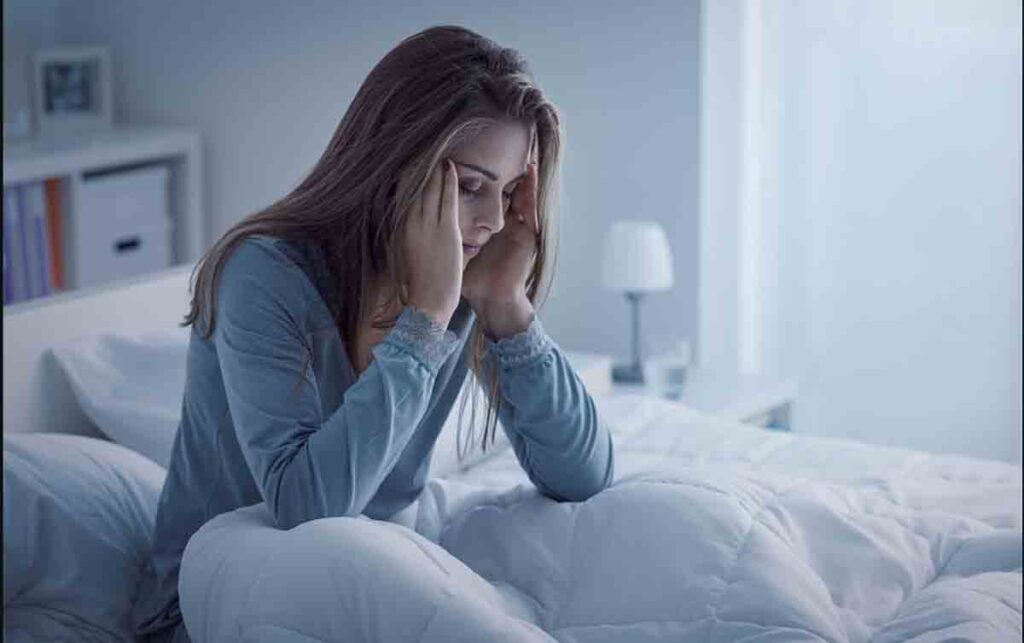Sleep disorders(Insomnia) are a significant problem for many people today. Not only the elderly but also young people face this issue in today’s environment. Some people have difficulty falling asleep, some do not get enough sleep for an extended period, and others experience frequent sleep disturbances.
Why Do Teenagers Suffer from Insomnia?
- Hormonal Changes: Puberty causes hormonal shifts that can change the sleep patterns of growing children, moving them 1-2 hours forward or backward.
- Gadgets: Smartphone apps and other devices used at bedtime reduce sleep time.
- Light Exposure: Light keeps the brain awake, and this light exposure can inhibit the production of melatonin.
How to make tasty Pot Phirni at Home
In addition to these factors, social attitudes and other sleep disorders also play a significant role in insomnia.
Symptoms of Insomnia
The need for sleep varies among individuals.
- For some people, 6 hours of sleep is enough to feel refreshed. If 6 hours is reduced to 3 hours, it could be a sign of insomnia.
- Others may need up to 10 hours of sleep. If 10 hours is reduced to 5 hours, it could indicate insomnia.
- If these symptoms persist for 2-3 years, it may be a sign that medical consultation is needed. These individuals can be diagnosed and treated with a sleep hygiene test.
Poisonous Plants To Keep Away From Kids
Let’s now explore the impact of insomnia during adolescence.
Lack of Sleep Affects Education!
If the effects of insufficient sleep continue to impact teenagers and young people, it can affect their educational performance in school or college. Specifically, a lack of proper sleep patterns can hinder brain development, leading to issues such as memory loss, difficulty concentrating, and cognitive impairment. This can negatively affect academic performance. Therefore, if a teenager is suffering from insomnia, parents should not ignore it and should consult a doctor.
Benefits Face-Steaming and How to Do It at Home
Emotional Disorders Due to Insomnia

When sleep is reduced, emotional disorders can arise, leading to issues such as irritability, depression, and anxiety. These are not only seen in the elderly but also in young people. Since sleep and emotions are interrelated, stress can affect sleep, and poor sleep can increase stress. Stress can lead to insomnia, and insomnia can lead to more stress.
Guide to Using Rosemary Water for Hair
Risk of Lifelong Diseases Due to Insomnia
Sleep is essential for the body’s metabolism and hormone systems to function smoothly. If insomnia persists, it can lead to lifelong diseases. Lack of sleep can cause hormonal changes and increase the risk of chronic health problems such as fat accumulation, diabetes, high blood pressure, heart disease, kidney disease, stroke, obesity, and depression.
How to Revive Your Skin with Yogurt This Summer
Some Simple Tips for Good Sleep
- Reduce mobile and laptop usage 1 hour before bed.
- Keep the bedroom quiet and semi-dark.
- Do calming activities before bed (e.g., reading a book, listening to soft music).
- Maintain a proper diet and physical health.
- Avoid large meals before bed.
- Avoid drinks like coffee and tea.
- Do not study in the bedroom.




